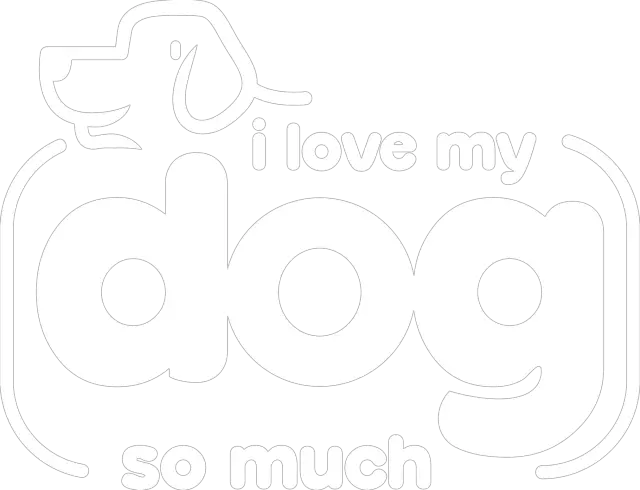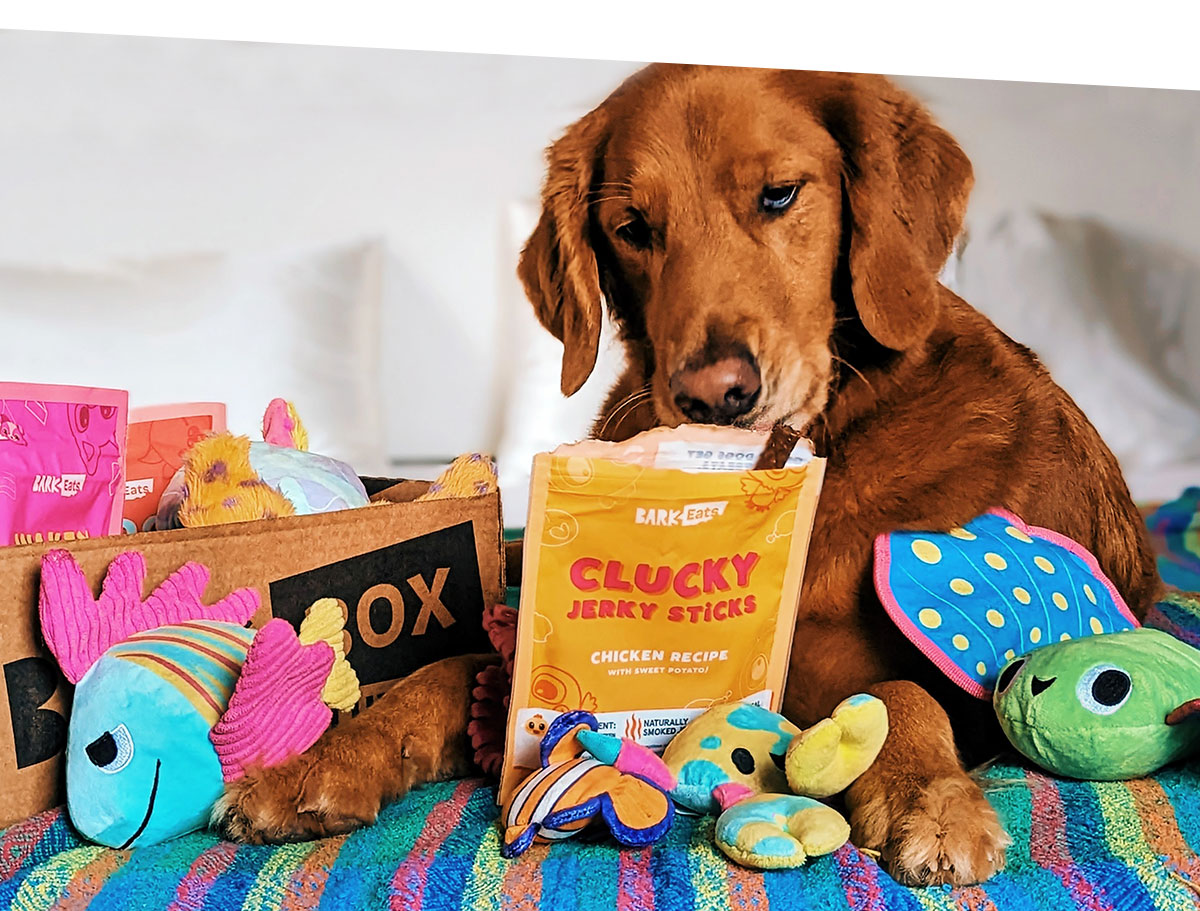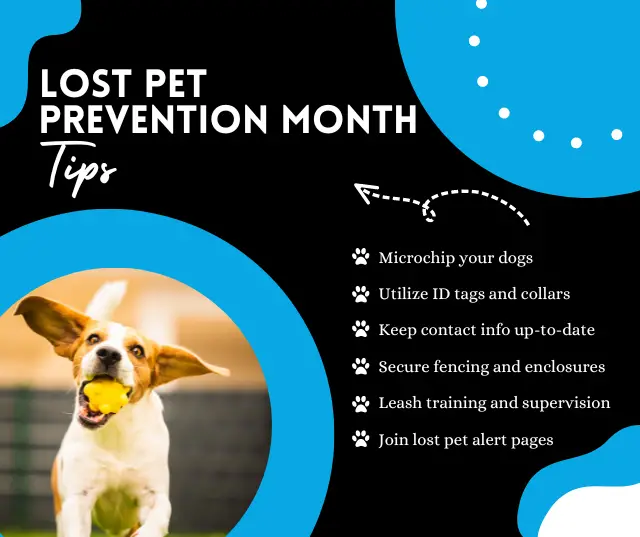Dogs are beloved family members, and it’s no wonder why. They provide us with unconditional love, companionship, and loyalty. But did you know that each pup has its own unique personality? Understanding your dog’s personality can help you create a more harmonious relationship between the two of you. In this article, we’ll explore how to identify your dog’s personality traits and how to use them to create a better bond with your furry friend.
Every dog is different, but research indicates that there are some common personality traits among dogs. Calmness, boldness, trainability and sociability are all characteristics that can be observed in many canine personalities. Additionally, some breeds tend to have certain traits that are more common than others. For example, herding breeds such as German Shepherds and Border Collies may be more energetic while hounds may be more independent-minded. It’s important to remember that breed isn’t the only factor when it comes to determining a dog’s personality; individual experiences and environment also play a role in shaping their behavior.
To get an idea of what kind of personality your pup has, start by observing their behavior in different situations. Are they calm or excitable? Do they respond well to commands or do they ignore them? Are they friendly towards strangers or do they bark at them? Pay attention to how your pup interacts with other animals as well; this can give you an indication of their level of sociability.
Once you’ve identified some of your pup’s basic traits, take the time to get to know them better by spending quality time together doing activities like playing fetch or going for walks. This will help you understand their likes and dislikes as well as any potential triggers for negative behaviors such as barking or growling. You should also pay attention to how they react when faced with new situations; this will give you an indication of how confident they are in unfamiliar environments.
It’s also important to remember that all dogs need training and structure in order for them to thrive in our human world. Positive reinforcement is key when it comes to teaching good behaviors; rewarding good behavior with treats or praise will help reinforce desired behaviors while punishing bad behavior will only lead to confusion and resentment from your pup. Training should be consistent so that your pup knows what is expected of them at all times; this will make it easier for them to learn new commands quickly and efficiently while also helping build trust between the two of you.
Finally, don’t forget about mental stimulation! Mental stimulation is just as important as physical exercise when it comes to keeping your pup happy and healthy; providing toys for playtime or puzzles for problem solving can help keep their minds sharp while providing much needed enrichment during those long days spent indoors due to inclement weather or other reasons beyond our control.
Discovering the uniqueness of your dog’s personality can take time but is well worth the effort! By understanding their individual needs and preferences, you’ll be able create a stronger bond between the two of you while ensuring that both parties remain happy and contented throughout life together!









